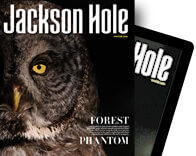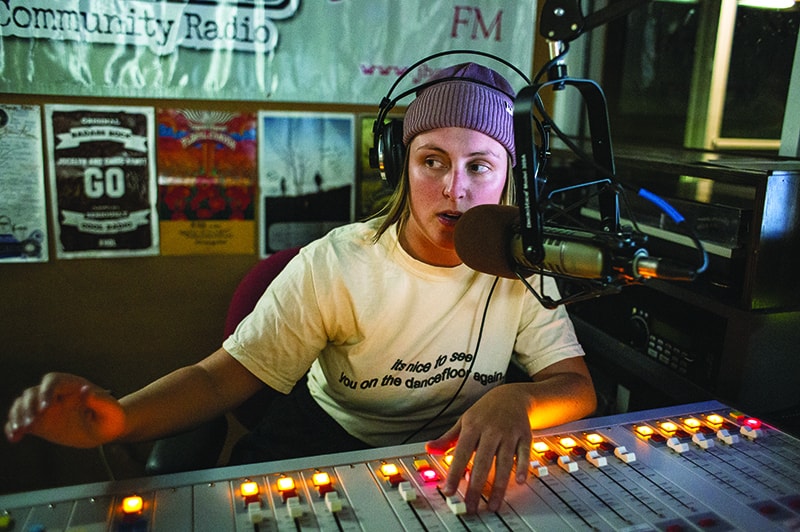Read The
Current Issue
A vibrant community radio station gives aspiring DJs in Jackson Hole a place to start. Making it a paying career is anything but easy though.
by Billy Arnold
IT’S ABOUT MIDNIGHT, and Lauren Smith is sitting in the plush chair behind the mixer at the community radio station KHOL, which is only a pace or two away from where she DJed live on air for the first time about one year ago, when friends invited Smith to play on their Jungus Amungus radio show. Subbing in, the California native spun bouncy, house-oriented rhythms for three other people in the room and an untold number of people listening to the station online or on a radio. “It was the first time I’d ever played live, and it kind of just took off from there,” she says, pausing briefly to broadcast the KHOL call sign at the top of the hour.
Now Smith is in the driver seat of her own radio show, Dance Odyssey, where she has the freedom to digitally blend two or even three songs to create something entirely new. She usually goes for underground house and techno beats; her goal is to get and keep people moving. After about one year of concerted effort, she is aiming to make DJing a paying job—or at least one of her paying jobs.
Commercial gigs—the sort of jobs where DJs spin one popular track at a time rather than blending sounds from the underground like Smith does on Dance Odyssey—are a part of the equation. Smith has played some of those shows, like the Stagecoach Bar’s disco night, but largely keeps what she plays in line with her tastes. David Bowie’s “Just Dance” and the music produced by the German techno DJs she spins from 10 p.m. to midnight every Thursday on KHOL are more closely linked than you might think.
IN A TOWN better known for country western than the European scene, Smith has carved out a niche for herself. She has spun her style of music at raves at Hand Fire Pizza, haunted the Continuum hotel from a balcony bar and, she jokes, got Emancipator, a downtempo DJ with a national name, to open for her. (In reality, Smith held down The Rose’s late-night dance floor after Emancipator played a sold-out show last February at the neighboring Pink Garter Theatre. “It was probably the broadest audience I had ever played to,” she says. “This was a group of people that went to go see this super well-known artist, and they stuck around to see me.”)
Smith is one of about twenty working DJs in a town with half as many venues. Most of her compatriots are men. “But I am part of the boys club,” Smith says. “When I wanted to start playing, I inserted myself.” Not that DJing was ever something into which she had imagined inserting herself. It wasn’t until she went to Burning Man in 2017 that she got a glimpse into DJing and saw that her musical tastes (bands like Radiohead and LCD Soundsystem) easily lended themselves into the world of modern house and techno.
After Burning Man—a temporary community of about 100,000 people that annually comes to life in the Black Rock Desert of northern Nevada for one week in late August and early September—Smith bought a digital controller, started mixing other people’s songs into her own beat-driven atmospheric creations, and began picking up gigs around town as Lauren Chase. She swapped her real last name for Chase because she says Smith is so common. “I don’t really identify as being common,” she says. “I just wanted to be unique.”
Even now that she’s a part of the scene, Smith doesn’t spin full-time. Before the Covid-19 pandemic, when she ended up unemployed, she hadn’t given up her day jobs, including hostessing at Teton Thai, doing graphic design for local creative studio Sharp Eye Deer, and editing the Best of Jackson Hole magazine. DJing for her, like others in Jackson Hole, is largely a part-time gig. “It wasn’t like I was living off of DJing, but I definitely made a little chunk that helped me,” she says.
SMITH WOULDN’T MIND spinning music full-time, but around Jackson the demand for underground music isn’t that high. This town has more of a bluegrass, jam, and country scene than a city like San Francisco, which has clubs aplenty. Though she had a residency of sorts at Continuum—something DJs will tell you is a necessary step for paying the bills—there aren’t many other venues in the valley that actively look for the type of music she plays. Smith’s friends who DJ in the Bay Area, by contrast, can lean more into the darker, heavier tracks because they have spaces to do so.
But Smith still sees an appetite for the music she plays here. In a normal year, she says doing what she does is important in order to give people who don’t fit into the Jackson stereotype of loving the Grateful Dead somewhere to dance. And, for her, the KHOL radio show, though unpaid, is an outlet, a way to explore the music she loves while she mulls the direction she takes. If she ends up committing to music, Smith says she might have to leave the valley and start writing some of her own—two factors that complicate her thoughts about whether to pursue design or turn toward the turntables. “My intuition is telling me music,” she says.
But before she decides, she still has a radio show to run and a call sign to announce. “You’re listening to 89.1 KHOL Jackson,” she says into the mic. “This is Dance Odyssey with Lauren Chase.” And then she sits back and lets her tracks run. JH
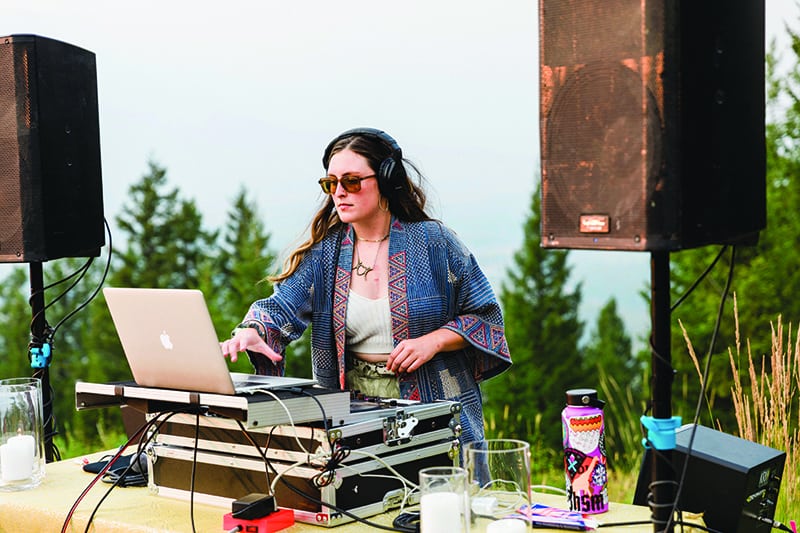
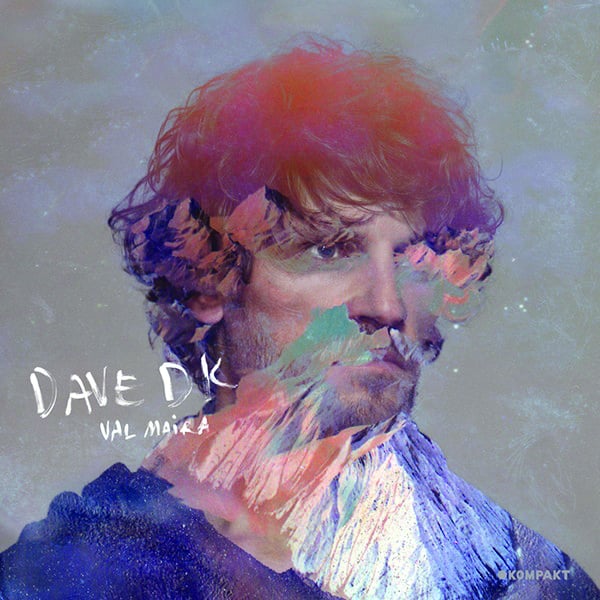
Kompakt Records originated from a techno record shop that opened in Cologne, Germany, in 1993. The label itself was founded in 1998 and today is known for specializing in minimal techno and microhouse.
Chase recommends: “Smukke Lyde” by Dave DK
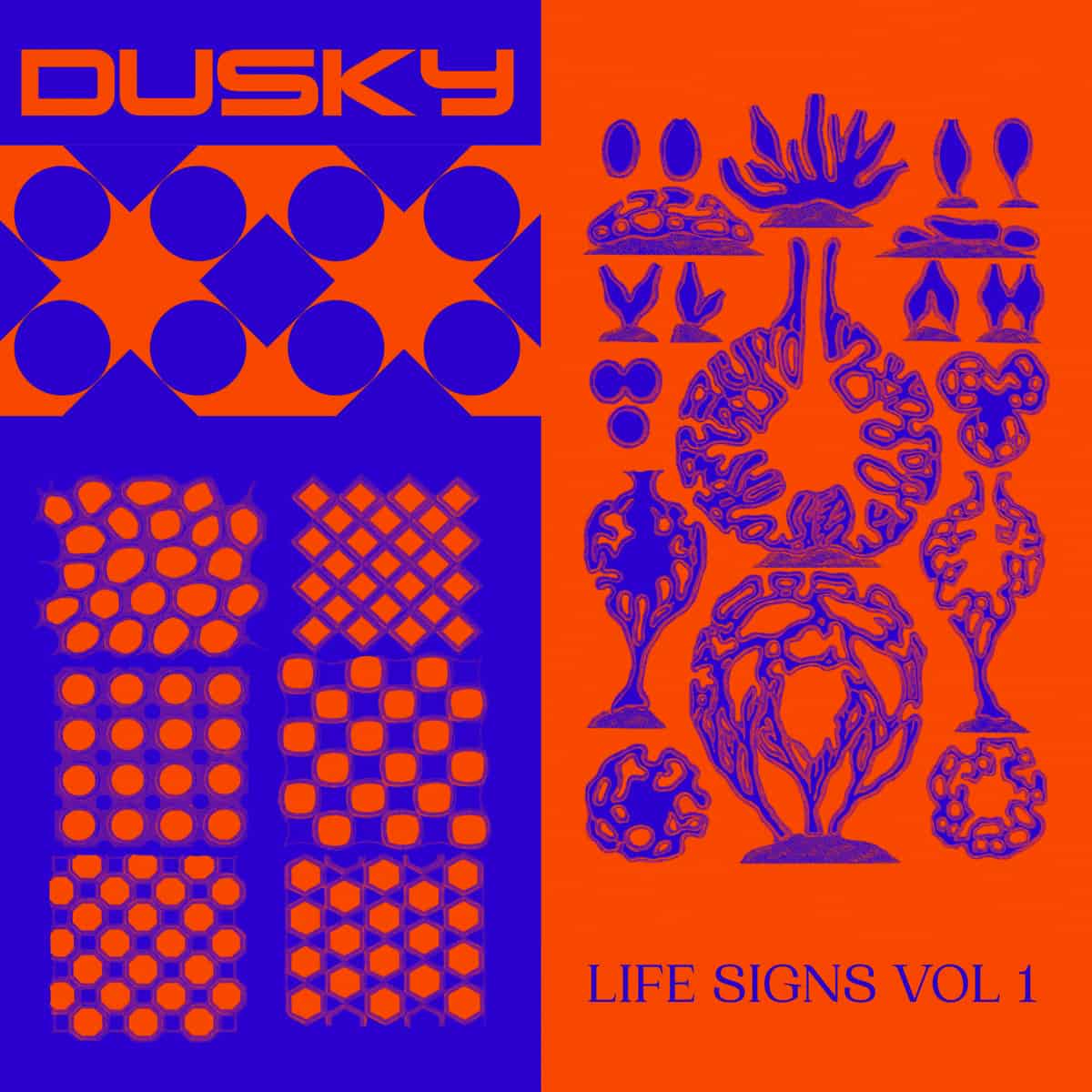
“Guilty feet have got no rhythm!” believes Running Back Records, a label founded by two DJ/producers and based in Lorsch, Germany.
Chase recommends: “Static” by Dusky

Mule Musiq was founded in Tokyo by Japanese promoter Toshiya Kawasaki in 2005. While best known for nu-disco, the label’s stated ethos “is simply to release ‘good music’ notwithstanding genre.”
Chase recommends: “Konoba Boba” by Axel Boman
